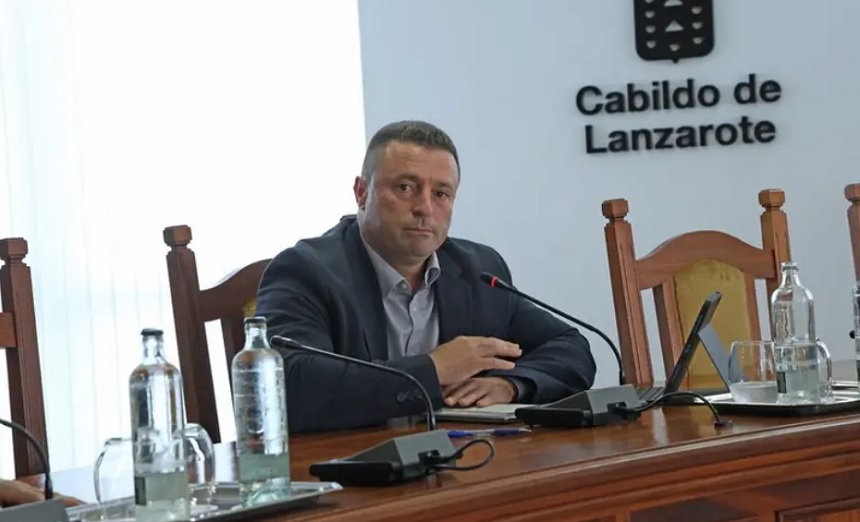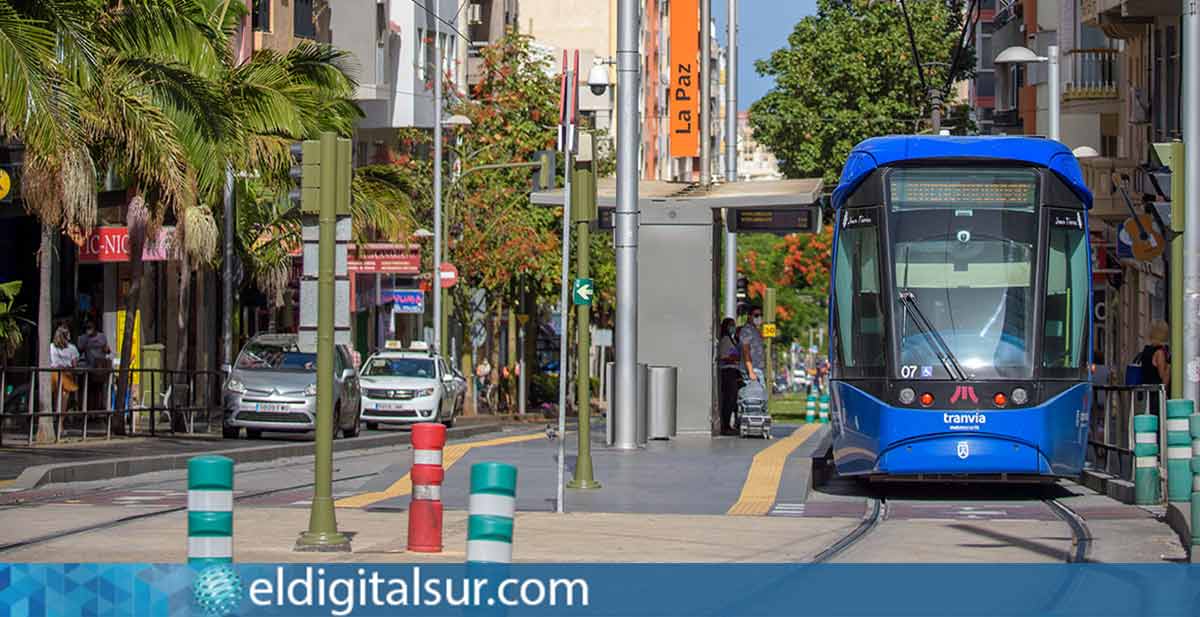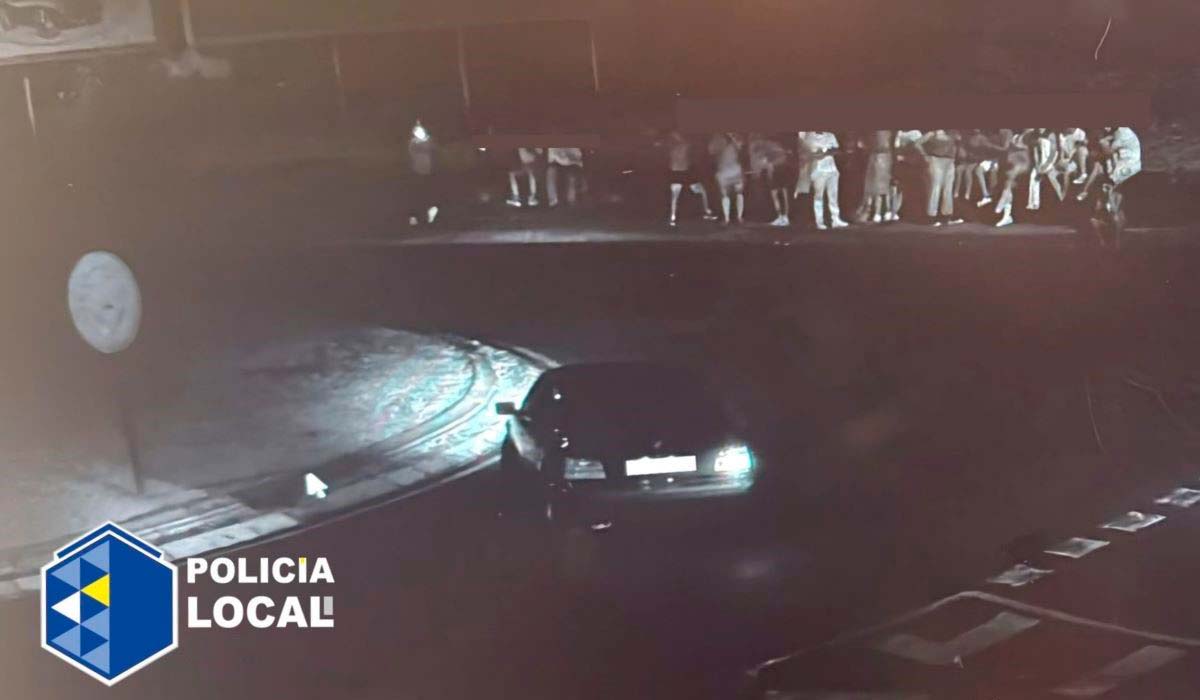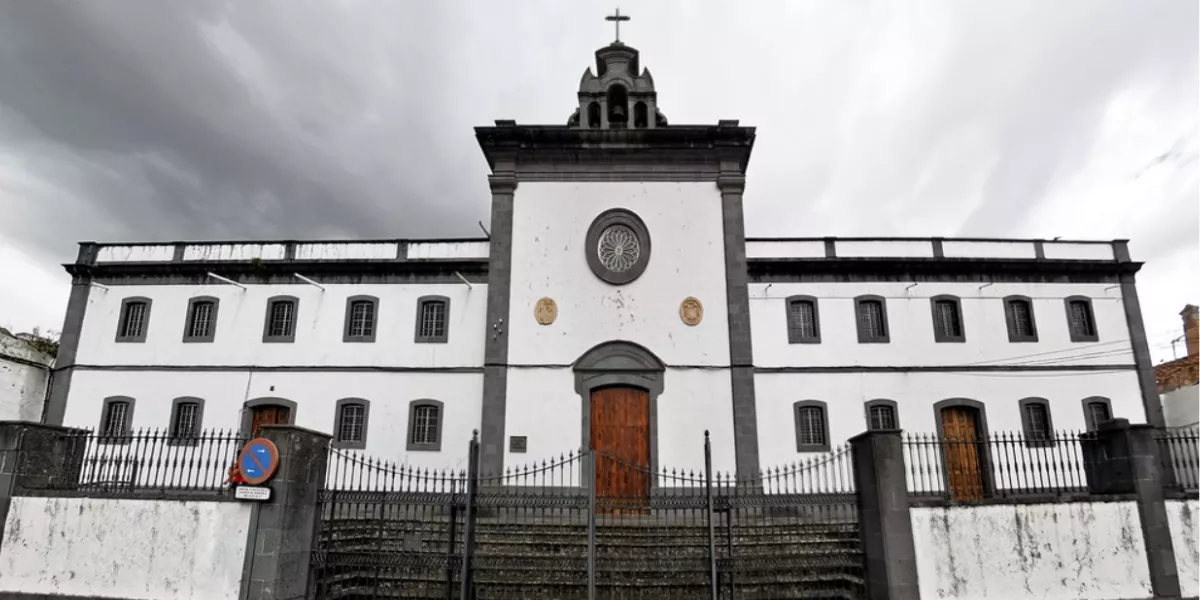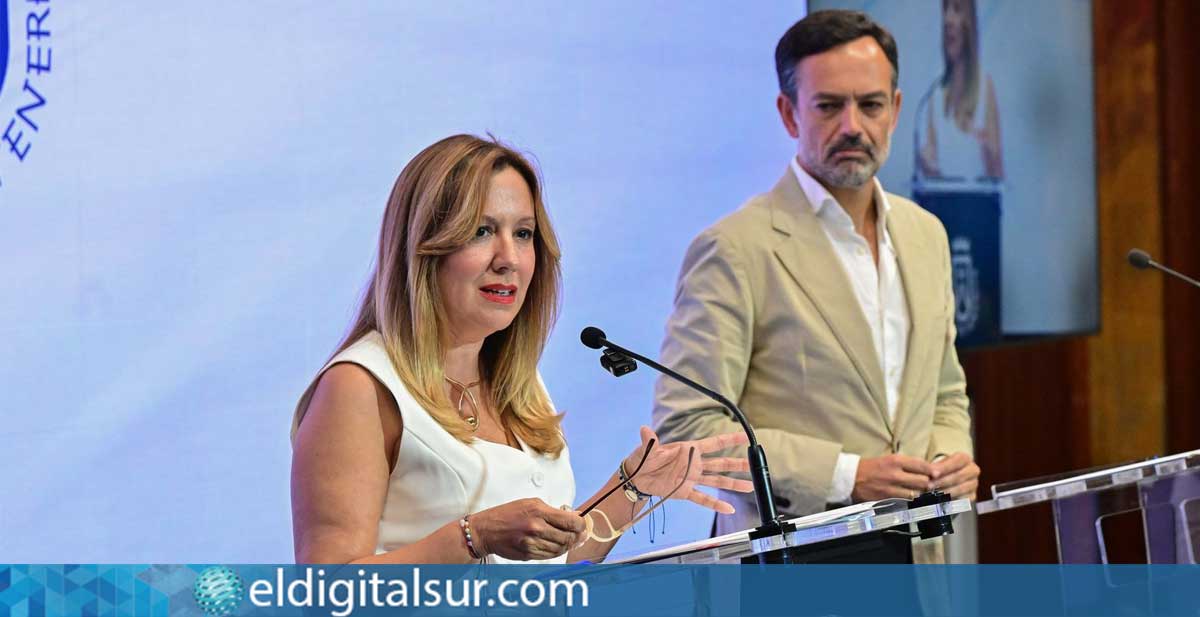New Mobility Pact Formed in Tenerife

SANTA CRUZ DE TENERIFE, 8 Sep. (EUROPA PRESS) –
Creation of Mobility Working Commission
The Cabildo of Tenerife announced on Monday the formation of a working commission aimed at developing a future mobility pact for the island. This commission will include, among others, the University of La Laguna through its mobility chair, business associations, social agents, and Fecam.
Commitment to Sustainable Mobility
Mobility Councillor Eulalia García shared this news with the media during the seventh meeting of the mobility monitoring committee, where the foundations for a draft agreement were established to ensure that it represents “a commitment from all parties”.
Additional Committees for Roads and Nature Access
She also mentioned the creation of a roads committee that will analyse projects and the status of ongoing works, alongside another committee focused on mobility, particularly to manage access to natural spaces.
Increased Police Presence
García indicated that the Cabildo will continue to “consistently promote” intensified police controls in areas such as Masca, Anaga, or Teide. She also expressed hope for an increase in the number of forest rangers to assist in these efforts.
“If people do not respect the rules, we will have to become increasingly restrictive,” she added.
Railway Projects as Key Component
Regarding railway developments, officials described these as “essential” for making mobility “more sustainable”, always intended to complement bus services. The collaboration protocol signed with the central government marks a “small but significant step” in rail matters, as it is the first formal agreement of its kind.
Need for State Support
However, it was clarified that the “only instrument” ensuring future funding is the signing of a convention, which would also enable access to European funds. García emphasised that the island needs state support “one way or another”, and although she understands the public’s “scepticism” regarding railway construction, she advocates that the protocol is very “innovative” and will ultimately yield results.
Unique Challenges for Natural Spaces
The councillor highlighted that natural spaces face “very specific challenges” compared to other areas of the island, as do rural parks. She argued for the imposition of fines and immobilisation of vehicles in these zones.
University’s Support
Marta Domínguez, the Deputy Vice-Chancellor of ULL, praised the “excellent relationship” between the institution and the Cabildo and acknowledged the “willingness” of the deans to assist in adjusting schedules to delay the start of classes.
In line with this, she noted that three degree programmes have already changed their schedules, with plans to continue this trend.
Impact of Schedule Changes
As the university semester begins this Tuesday, it is anticipated that around 500 vehicles will be removed daily during peak hours due to these schedule changes. This is based on a mobility survey conducted by the university, which indicates that 20% of students typically use their own vehicles.



